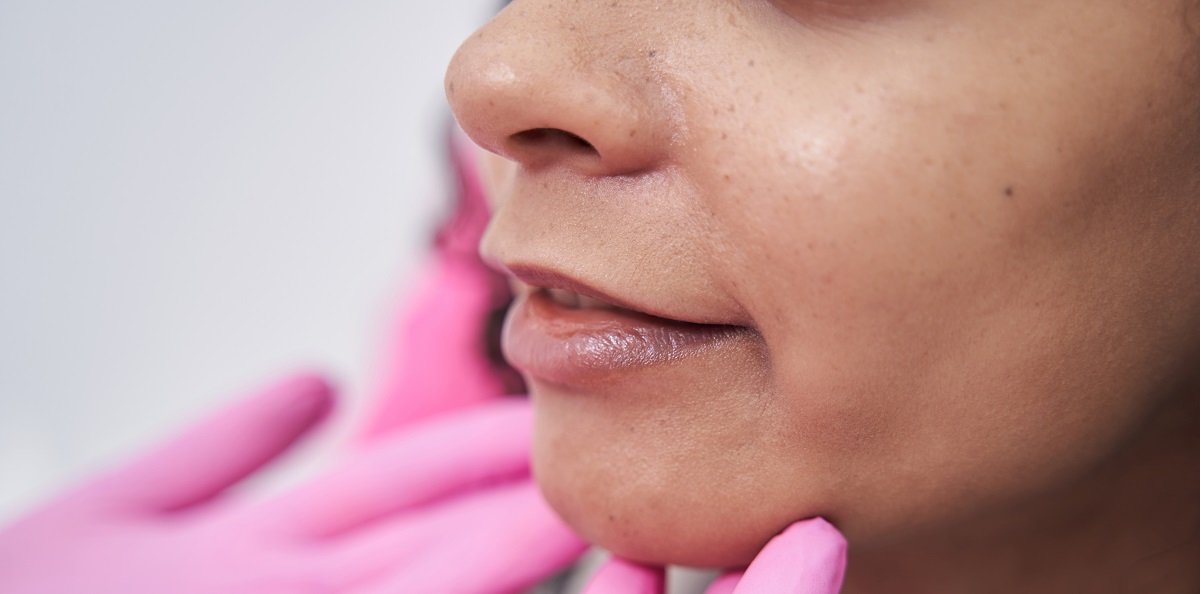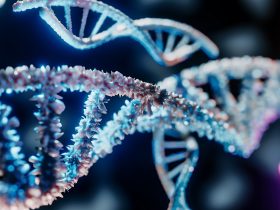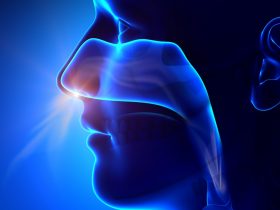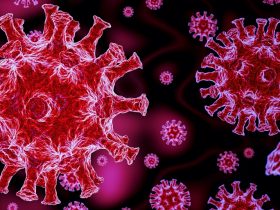At the recent American Rhinologic Society, Combined Otolaryngology Spring Meeting (ARS-COSM) in Boston, Massachusetts (May 4-5, 2023), researchers from Hospital del Mar, and Pompeu Fabra University, Barcelona, Spain, presented a study highlighting the need for standardized interpretation of nasal cytology as an effective tool for monitoring biologic drugs among patients with type 2 inflammation.
Biologics are novel treatment options for patients with refractory chronic rhinosinusitis with polyps (CRSwNP). They target and reduce T2 inflammation; however, their role in the treatment paradigm needs a thoughtful consideration of multiple factors such as disease severity, risk of polyp recurrence with medical or surgical treatment, patient preferences, safety, goals, and cost-effectiveness.
Nasal cytology is a non-invasive diagnostic tool for patients with CRSwNP. In the current management of CRSwNP, various biologic therapies are available for treatment. However, there needs to be more sufficient data comparing the enhancement in patient-reported quality of life measures and improvements observed in nasal cytology.
In the present study, the researchers conducted a prospective study at an academic tertiary medical center. They screened 50 consecutive patients with CRS and asthma considered for biological therapy between 2019 and 2021. Among them, 30 patients had undergone two nasal cytology samples (one at baseline and another between 6-12 months after starting treatment).
The team gathered demographic information, medical history, and endoscopic nasal polyp scores (NPS). Moreover, Sinonasal Outcomes Test-22 (SNOT-22) and visual analogue scales (VAS) were administered to assess the quality of life and specific symptoms. Asthma Control Test (ACT) was also administered to assess asthma status.
Study results showed that among the participants, 25 patients received an anti-IgE biologic (Omalizumap®), while the remaining 25 patients were administered an anti-IL5 biologic, specifically (either Benralizumap® or Mepolizumap®). At baseline, the average SNOT-22 score was 43.06, indicating the severity of rhinologic symptoms, and the total impact VAS was 5.52. The mean NPS was found to be 2.06, with the ACT score being 13.34
The differences in rhinologic symptoms VAS revealed that patients treated with the anti-IL5 biologic and demonstrating greater cytological improvement exhibited a more significant reduction in VAS for total impact. However, no statistically significant differences concerning SNOT-22, ACT, or NPS were observed.
“Biologic therapies improve quality-of-life regardless of the presence of nasal polyps, “ the author added. The authors further emphasized that the interpretation of nasal cytology needs to be standardized to accurately evaluate its utility in monitoring the biologic drugs used for patients with type II inflammation.
Reference:
Hijano R, Martel M, Minguell M, et al. Nasal Cytology as a Procedure to Follow-up Patients Treated with Biological Drugs. ARS-COSM. May 4-5, 2023







